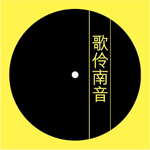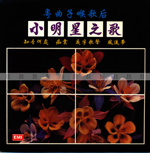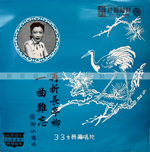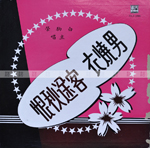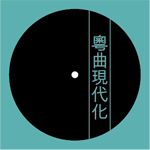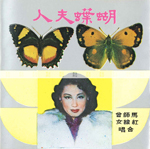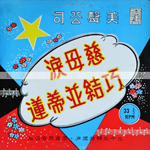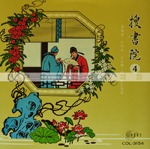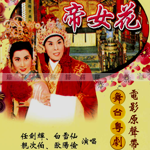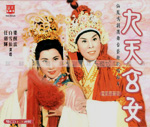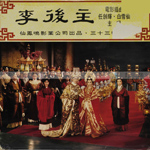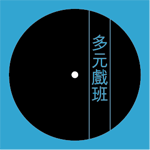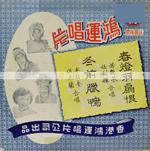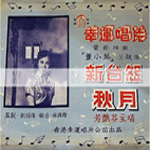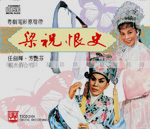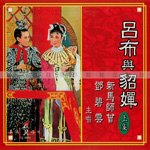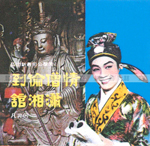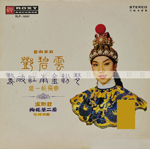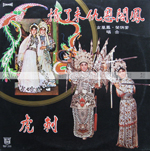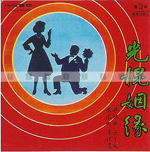Since the early twentieth century, Hong Kong has always been an important venue for Cantonese opera development. After 1949, as a result of political turmoil in the Mainland, performers and troupes converged and resettled in the territory, leading to a tremendous prospering of Cantonese opera in the subsequent decade. This development is linked intimately with the rise of the electronic media.
Performers and troupes began to grasp the possibilities offered by film and radio to re-examine age-old performance practices with regard to acting, singing, script writing, instrumentation, and stage set-up. They brought in novel elements from the theatre and movie world, and participated in the production of films and records. With these acts, they are extending the movement to modernize Cantonese opera that began in the 1930s.
Wong Jum-sum was thoroughly immersed in the world of Cantonese opera from young. Through his close encounter with master performers like Hung Sin-nui, Ma Si-tsang, Yam Kim-fai, Pak Suet-sin and Tong Dik-sang, he witnessed first hand the modernization of Cantonese opera, and was mightily moved by the adventure and passion he saw.
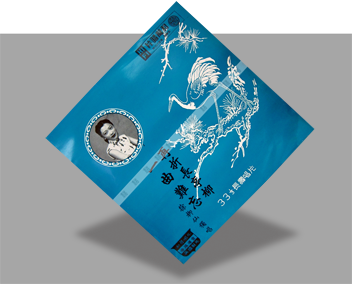

作曲:吳一嘯
作詞:佚名
主唱:徐柳仙
別離人對奈何天,離堪怨別堪憐,離心牽柳線,別淚灑花前,甫相逢,才見面,唉不久又東去伯勞西飛燕。忽離忽別負華年,愁無限呀恨無邊,慣說別離言,不曾償素願。春心死咯化杜鵑,今復長亭折柳,別矣嬋娟。唉我福薄緣慳,失此如花眷。 淚潛然,唉兩番賦離鸞,唉兩番賦離鸞,何日再團圓,心有萬言待嬌訴,腸欲斷,悵望花前,如今也未見。 未見,未見,未見伊人未見,怨天,怨天,怨天空自怨天,望眼將穿,望眼將穿。 衷情待訴,哎呀呀我心呀似梅酸。
